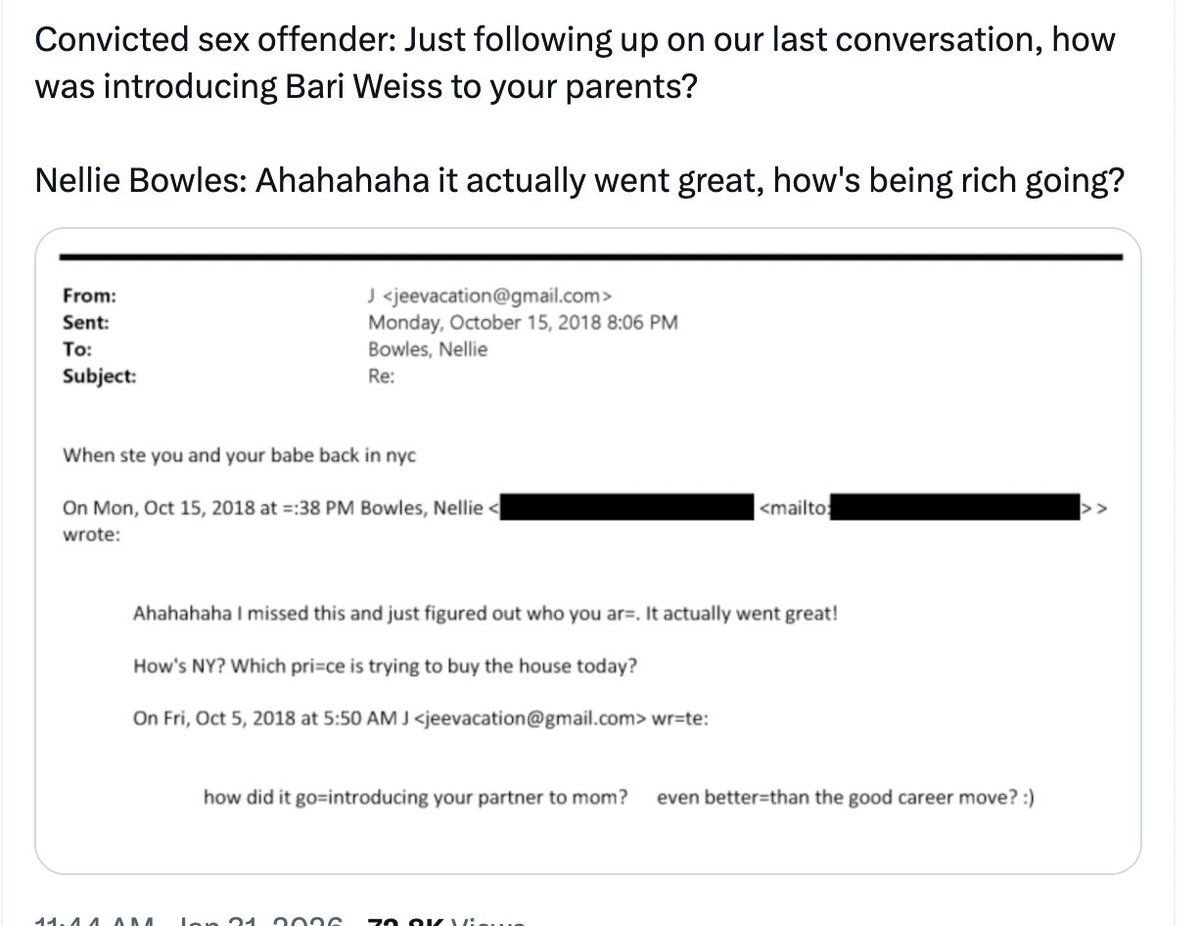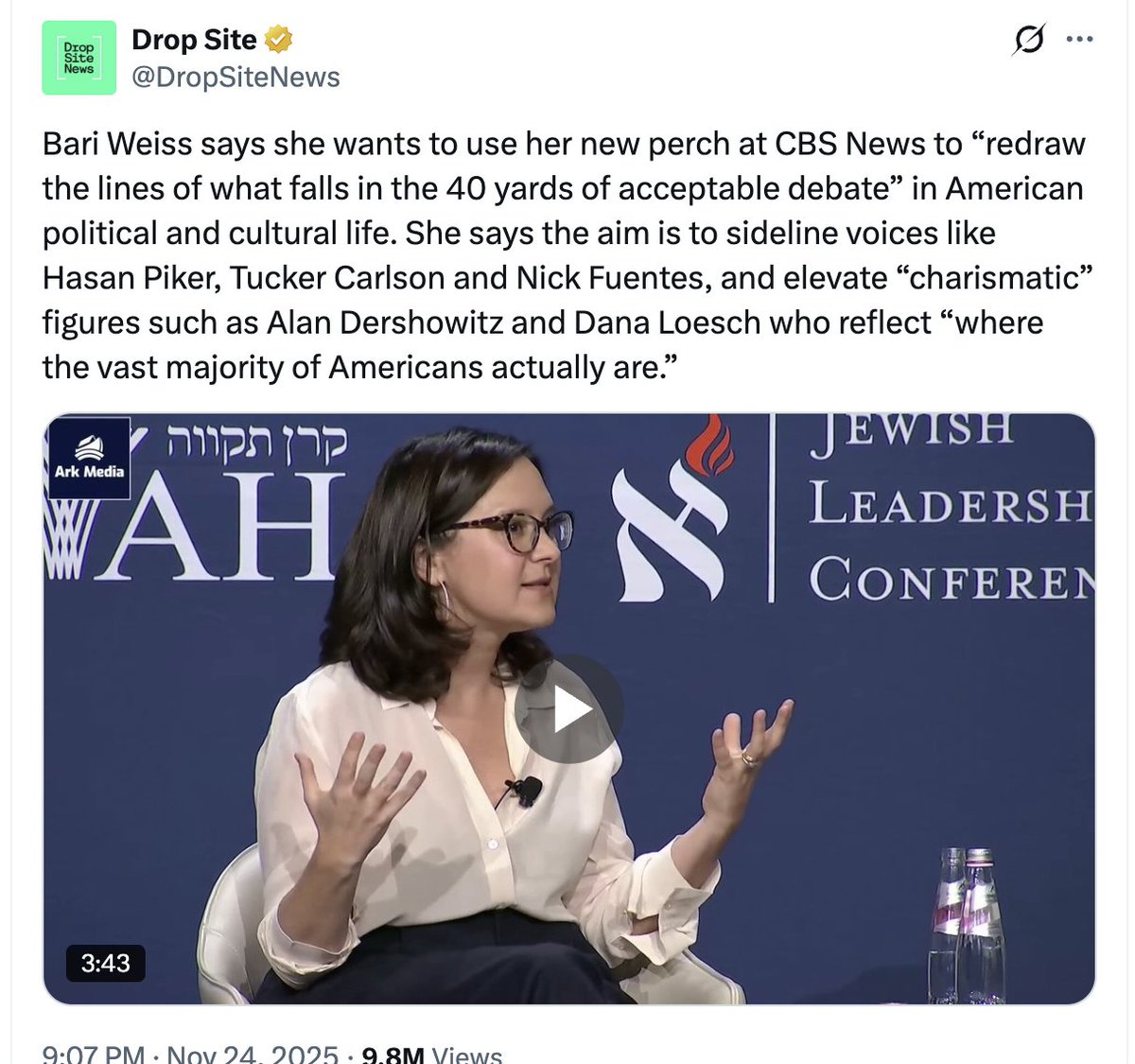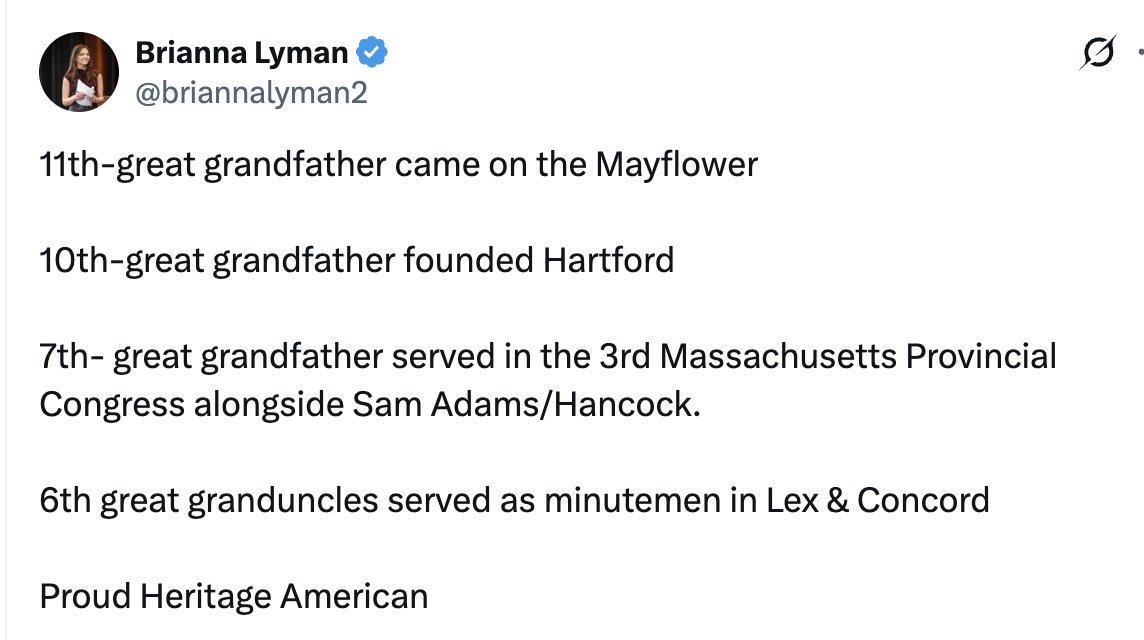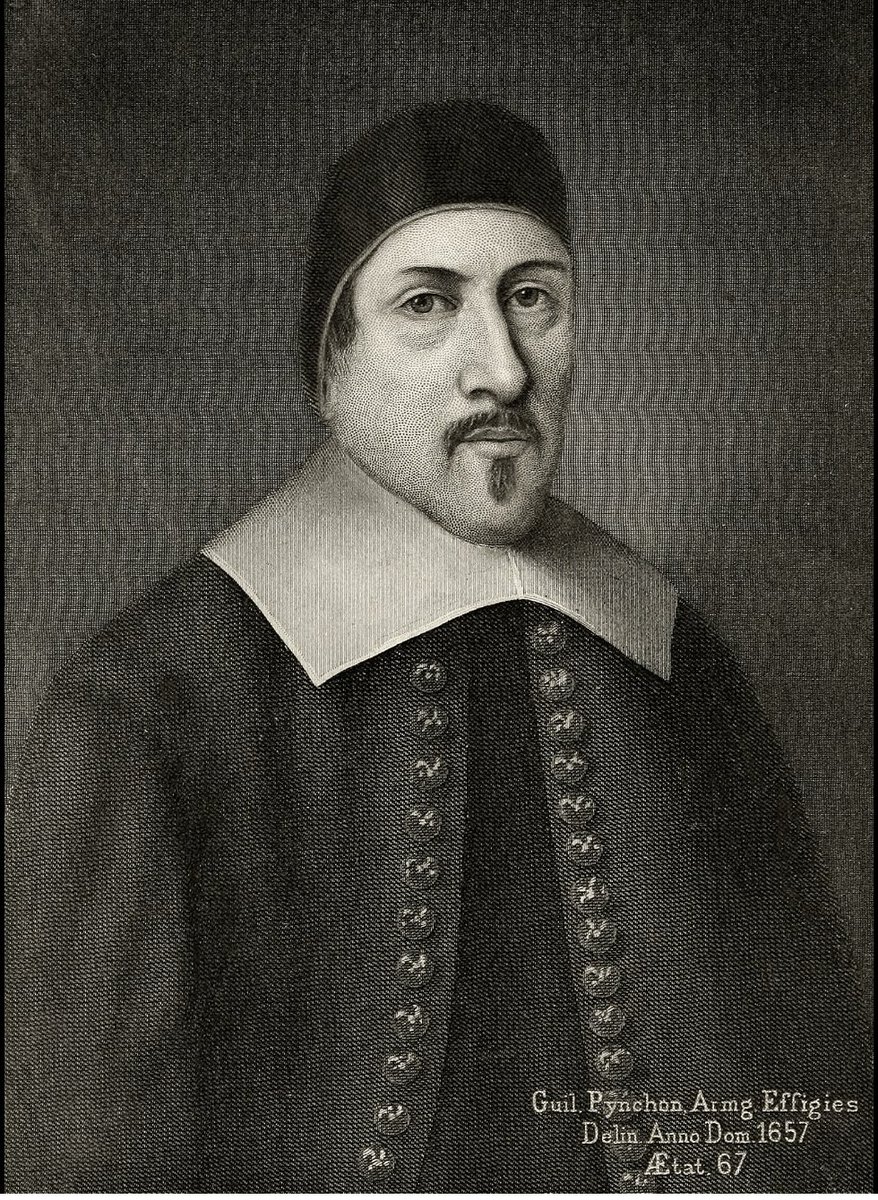1. A brief riff: the American intellectual right was very anti-democratic before mid-1970s (see National Review on Franco) & very anti-democratic since (Thiel being prime example). What was exception was brief window (1970s-2008) when right was relatively pro-democratic
https://twitter.com/mattyglesias/status/1159495342204887040
2. The brief pro-democratic interlude on right was largely a result of foreign policy: After Vietnam debacle USA needed new rationale for global hegemony. Cold War liberals who migrated to right (neo-cons) provided that: democracy promotion & human rights.
3. In early cold war, it was almost exclusively liberals who talked about democracy promotion & human rights as arguments against communism. Rightwingers were happy to support Franco & based anti-communism on religion (Godless communism) & culture ("Western Civ")
4. Vietnam debacle and also crude Nixon/Kissinger realpolitic created a crisis on right, which led them to try to revive anti-communist consensus by foregrounding previously liberal arguments. It's only in 1970s that the right started talking about democracy promotion.
5. The rightwing embrace of democracy promotion (and new argument that free markets & democracy went hand in hand) was very useful during Cold War & also post-1991 as tool for legitimizing American global hegemony. It was ideological underpinning of Iraq War.
6. Right-wing democracy promotion was ultimately undermined by Iraq debacle (which discredited neo-conservatism on right) but also of Arab Spring (which showed that actual Middle Eastern democracy would threaten many longtime USA allies).
7. And Obama's two electoral victories (the first time a Democratic presidential candidate won 50%+ of the popular vote twice in a row since FDR) scared conservatives, as did popular support of marriage equality. This was background for right's renewed anti-democratic push.
8. Ultimately, the synthesis Yglesias calls for ("the virtues of free markets were fused with the virtues of political democracy to create humane, sustainable mixed economies") is incompatible with conservatism: any really robust democracy will trend towards social democracy.
9. Really believing in democracy means being willing to give up what you love if it goes against the popular will. Part of the greatness of Tocqueville & JS Mill is that they accepted democracy meant giving up aristocratic high culture & laissez-faire economics.
• • •
Missing some Tweet in this thread? You can try to
force a refresh












